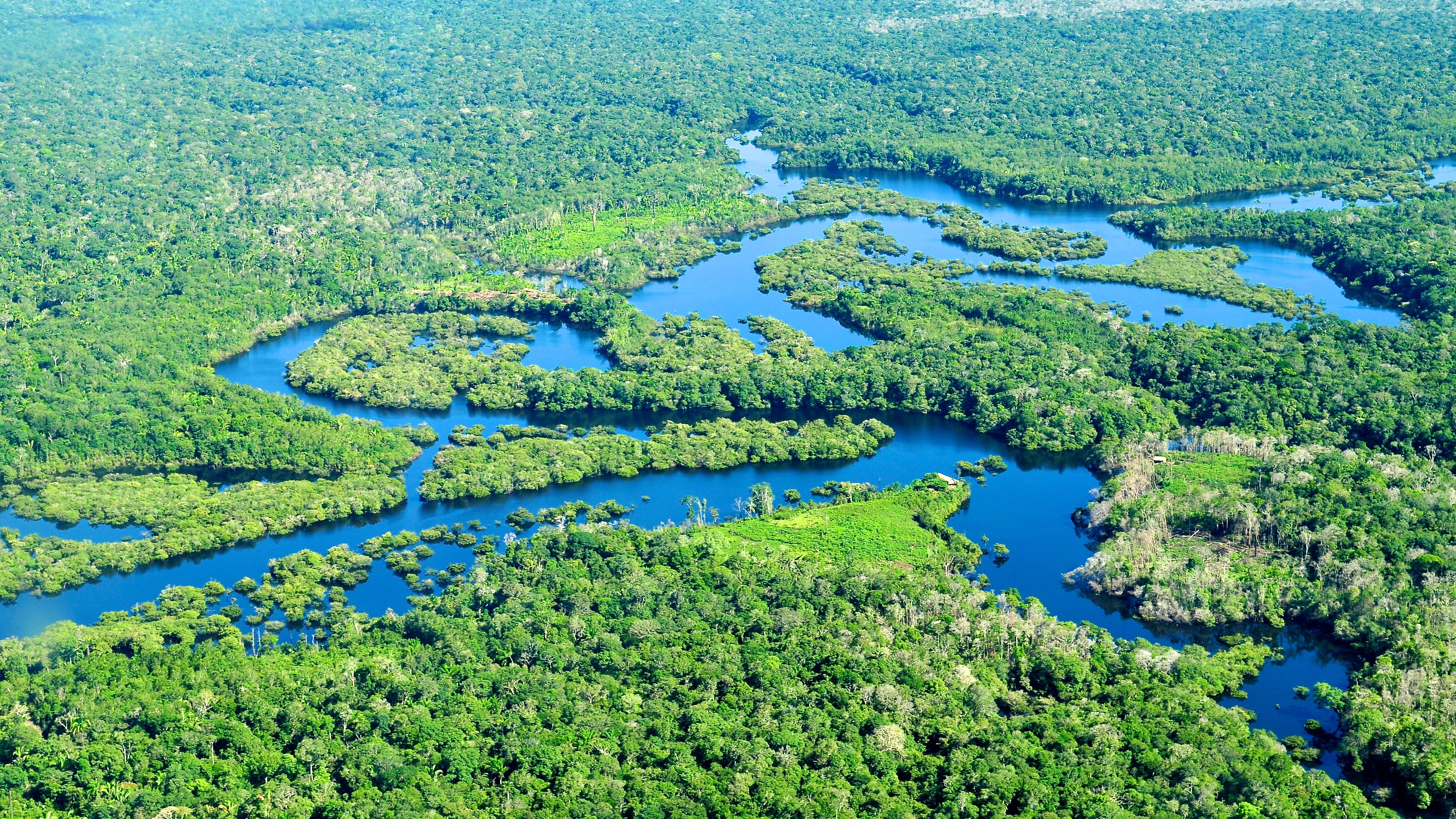Everything I’ve been reading about the U.N. Climate Summit had been making me pretty gloomy, until I read about the New York Declaration on Forests.
The first notice was a press release from the Rainforest Action Network informing me that Cargill, the agribusiness giant, had pledged “to protect forests in all of Cargill’s agricultural supply chains and to endorse the New York Declaration on Forests.” Cargill has a big handprint — they have soy silos in Brazil and palm oil plants in Malaysia. So as of now, if you want to carve a farm out of the jungle, you’re going to get the cold shoulder from a company that is a prime connector to world markets.
And this isn’t limited to hot-button crops like soy and oil palm. Here’s what Cargill’s CEO Dave MacLennan said at the U.N.: “We understand that this sort of commitment cannot be limited to just select commodities or supply chains,” said MacLennan. “That’s why Cargill will take practical measures to protect forests across our agricultural supply chains around the world.”
It’s not just Cargill. Kellogg’s, Unilever, Nestle, Asia Pulp and Paper, General Mills, Danone, Walmart, McDonalds, and many other corporations have committed to the New York Declaration on Forests. But, here’s why Cargill is interesting: It’s making a concrete pledge, while the actual declaration is pretty mushy at this point. The declaration calls for ending forest loss by 2030. And, to quote a U.N. brief: “It also calls for restoring forests and croplands of an area larger than India. Meeting these goals would cut between 4.5 and 8.8 billion tons of carbon pollution every year — about as much as the current emissions of the United States.” Or about as much as taking all the cars in the world off the roads — that’s another comparison I’ve seen. The details are supposed to be hammered out in time for the 2015 convention in Paris.
Okaaay. Does anyone care about a non-binding declaration of voluntary goals? Not me. But it does give me hope to see a company commit to something tangible — like upending the incentive it created for people to cut down forests. Usually the way these things work is that everyone agrees on the goals, and then no one is willing to make sacrifices to reach those goals. But this time we have a major player saying at the outset: “Not only do we support these goals, here’s how we plan to achieve them.”
Of course, Cargill could say all these nice things and then do nothing. But that would be a lousy PR strategy. If it doesn’t follow through, it goes from being just another business-as-usual foot-dragger in the crowd to a recalcitrant liar that put a spotlight on itself. Activists have been pressuring Cargill for years, and now that it’s made itself news, journalists like me are going to be watching its environmental progress.
There has been a cascade of companies announcing that they are going to eliminate palm-oil deforestation from their products. It feels like a tipping point. When no one cares, there’s a big economic penalty for being the first company to act ethically while all the others quietly capitalize on the easy profits it’s giving up. But once a critical mass of companies begins to do the right thing, the economic penalty instead falls on the laggards. It’s easy to act unethically in a crowd, but if you are among a small group of villains, it starts getting hard to find customers who want to support you.
I would not be surprised to see other companies stepping up with actual plans for reforming their supply chains. This declaration of forests could just be the real thing.



